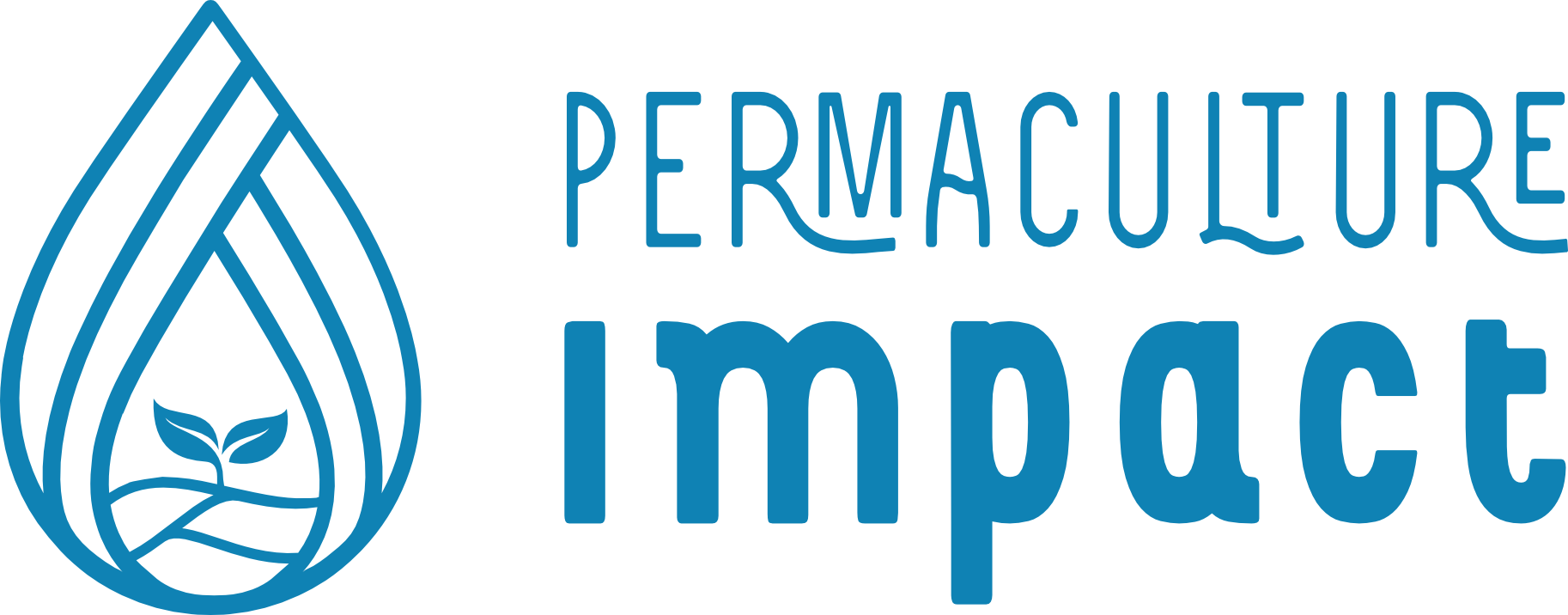Introduction
This course presents five soil testing methods that will enable you to do a quick evaluation of the health of your soil, and measure the impact of your practices over time. The tests do not require specialist soil testing equipment or laboratories, and can be done by anyone.
You will learn how to plan and do five soil tests:
- – Soil structure and aggregate stability
- – Soil texture
- – Earthworm count
- – Soil color
- – Soil water infiltration
The tests can help assess the condition of the soil directly in the field, as a way to halt soil degradation and as a first step to sustainable soil management.
Rapid soil testing methods are similar to a preliminary diagnosis in medicine. They were developed to simplify the analysis of soil physical, chemical and biological parameters in the field, which are critical to the assessment of soil health.
How to use this course
In the first three sections of the course you will learn key concepts, meet our five indicators of soil health and start to plan your own soil testing.
Then you will focus on each of the five indicators in turn, learn how to do the tests and interpret results, and discover strategies for improving this aspect of your soil.
Field Guides to print and carry with you in the field
For each indicator, we have created a Field Guide, which you can download and print, to take out into the field when you do the testing. Each one has an equipment checklist, step-by-step testing procedure, and a table to record your test results.
We strongly recommend that you download and print these now by clicking the image below:
You will also find the download link for each field guide within the relevant section as you work through the course, and also in the Resources section at the end of the course.

